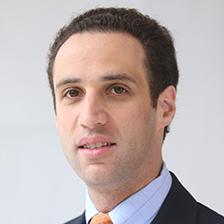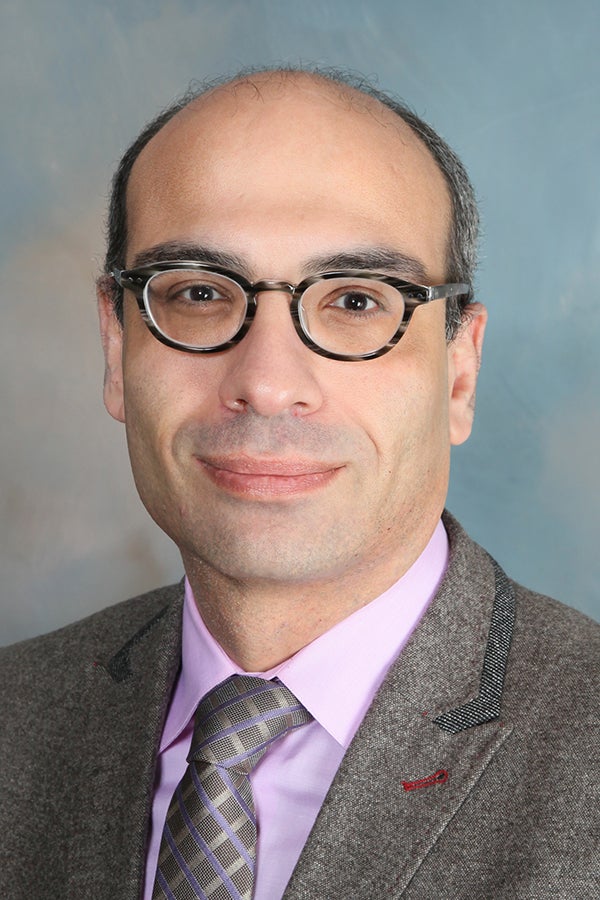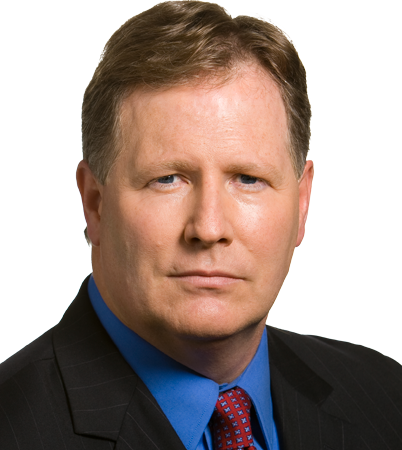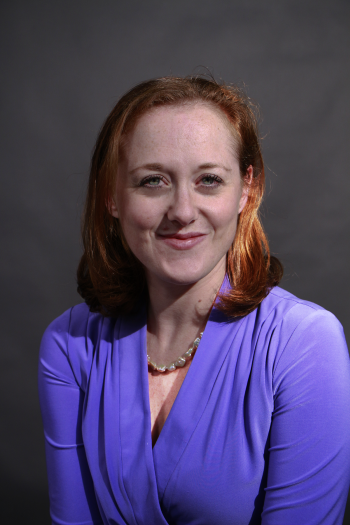Jeffrey Mankoff

Deputy DIrector and Senior Fellow, Russia and Eurasia Program, Center for Strategic & International Studies
Jeffrey Mankoff is deputy director and senior fellow with the CSIS Russia and Eurasia Program. He is the author of Russian Foreign Policy: The Return of Great Power Politics(Rowman & Littlefield, 2009) and a frequent commentator on international security, Russian foreign policy, regional security in the Caucasus and Central Asia, ethnic conflict, and energy security. Before coming to CSIS, he served as an adviser on U.S.-Russia relations at the U.S. Department of State as a Council on Foreign Relations International Affairs Fellow. From 2008 to 2010, he was associate director of International Security Studies at Yale University and an adjunct fellow at the Council on Foreign Relations. In addition to his policy research, Dr. Mankoff teaches courses on international security and Central Asia at Georgetown University’s School of Foreign Service. Dr. Mankoff has held academic fellowships at Harvard, Yale, and Moscow State Universities. He holds dual B.A.s in international studies and Russian from the University of Oklahoma and an M.A., M.Phil., and Ph.D. in diplomatic history from Yale.
Ken Gause

Director, International Affairs Group, CNA
Ken Gause is the director of the International Affairs Group, a part of CNA's Center for Strategic Studies. He is CNA's senior foreign leadership analyst and has spent the last 20 years developing methodologies for examining leadership dynamics of hard-target, authoritarian regimes. In particular, he is an internationally respected expert on North Korea who has written three books on North Korean leadership. His latest book is "North Korean House of Cards: Leadership Dynamics Under Kim Jong-un."
Leadership and opposing force (OPFOR) analysis are core areas of expertise within CNA Strategic Studies and Gause has personally directed studies on the North Korean, Iranian and Russian leadership and decision-making. His work on foreign leadership dates back to the early 1980s with his work on the Soviet Union for the U.S. government. Over the last three decades, he has devised analytical techniques used to understand adversary decision-making. These techniques span a five-tier set of methodologies that range from biographical analysis to studies on how to impact and shape an authoritarian or totalitarian regime's actions. These studies include a range of approaches from sophisticated game design to proprietary analysis based on a "virtual network" of researchers around the world dedicated to providing analysis on regimes of interest, their leadership, and how they make decisions.
Gause has also published numerous articles on leadership structures for such publications as Jane's Intelligence Review, Jane's Defense Weekly, and the Korean Journal of Defense Analysis. He has a B.A. from Vanderbilt in Russian and Political Science and an M.A. from The George Washington University in Soviet and East European Affairs.
Mehdi Khalaji

Libitzky Family Fellow, The Washington Institute
Mehdi Khalaji is the Libitzky Family fellow at The Washington Institute, focusing on the politics of Iran and Shiite groups in the Middle East. A Shiite theologian by training, Mr. Khalaji has also served on the editorial boards of two prominent Iranian periodicals and produced for the BBC as well as the U.S. government's Persian news service.
From 1986 to 2000, Mr. Khalaji trained in the seminaries of Qom, the traditional center of Iran's clerical establishment. There he studied theology and jurisprudence, earning a doctorate and researching widely on modern intellectual and philosophical-political developments in Iran and the wider Islamic and Western worlds. In Qom, and later in Tehran, Mr. Khalaji launched a career in journalism, first serving on the editorial board of a theological journal, Naqd va Nazar, and then the daily Entekhab. In addition to his own writing, he has translated the works of the humanist Islamic scholar Muhammad Arkoun.
In 2000, Mr. Khalaji moved Paris where he studied Shiite theology and exegesis in the Ecole Pratique des Hautes Etudes. He also worked for BBC Persian as a political analyst on Iranian affairs, eventually becoming a broadcaster for the Prague-based Radio Farda, the Persian-language service of the U.S. government's Radio Free Europe/Radio Liberty. At Radio Farda, he produced news, features, and analysis on a range of Middle Eastern, Iranian, and Islamic issues.
Mr. Khalaji writes a bilingual English and Persian blog, MehdiKhalaji.com.
Peter Brookes

Senior Fellow, National Security Affairs, Douglas and Sarah Allison Center for Foreign Policy, The Heritage Foundation
As senior fellow for national security affairs, Peter Brookes helps develop and communicate The Heritage Foundation's stance on foreign and defense policy through his research and writing, media and public appearances, and congressional testimony.
Brookes is in his fifth term as a congressionally appointed member of the U.S.-China Economic and Security Review Commission, named by both House Speaker Paul Ryan and former Speaker John Boehner.
Before joining Heritage in 2002, Brookes served in the administration of President George W. Bush as deputy assistant secretary of defense for Asian and Pacific affairs. In this post, he was responsible for U.S. defense policy for 38 countries and five bilateral defense alliances in Asia.
A decorated Navy veteran, he served on active duty in Latin America, Asia, and the Middle East in aviation and intelligence billets. He has more than 1,300 flight hours aboard the Navy's EP-3 reconnaissance aircraft.
On Capitol Hill, Brookes has testified 10 times before six different Senate and House committees, both as a public official and a private citizen.
Brookes holds a doctorate in international relations from Georgetown University and a master’s degree in government from Johns Hopkins University. He received his bachelor’s degree from the U.S. Naval Academy; he was appointed to Annapolis by the late Jack Kemp, then representing New York in the House.
He also is an honor graduate of the Defense Language Institute, where he studied Russian, and the Naval War College. He has taught at the National Defense University and was an associate professor at the Joint Military Intelligence College at the Defense Intelligence Agency.
Before joining the Bush administration, Brookes was a professional staff member with the House International Relations Committee, working on Asia. He also served with the CIA and the State Department at the U.S. Mission to the United Nations. In the private sector, he worked in the defense and intelligence industries.
Now a retired naval intelligence officer with the rank of commander, Brookes served as a reservist with the National Security Agency, Defense Intelligence Agency, Office of Naval Intelligence, the Joint Chiefs of Staff, and the Office of the Vice President, working at various times as an intelligence analyst, strategic debriefer, Russian language interpreter, defense attaché, and policy adviser. Through his work at Heritage, Brookes has established a major presence in print and digital media, publishing hundreds of articles and commentaries in dozens of newspapers, journals, magazines, and websites. Many of the world’s most popular news outlets have quoted him. He is the author of the book “A Devil's Triangle: Terrorism, Weapons of Mass Destruction and Rogue States” (Rowman & Littlefield, 2005).
He also is a force in broadcast and cable media, having logged more than 2,500 appearances as a commentator on television and radio—among them ABC, NBC, CBS, Fox News Channel, Fox Business Channel, CNN, MSNBC, CNBC, National Public Radio, BBC, Canadian Broadcasting Corp., Voice of America, Al Hurra, and Radio Free Asia. He has guest-hosted on talk radio programs in major markets. A popular public speaker, Brookes has delivered more than 200 addresses, including presentations in more than 25 states and 20 nations. He has spoken as part of the State Department’s public diplomacy programs in Japan, Germany, Australia, Poland, Austria, Ukraine, Fiji, and Papua New Guinea.
Brookes, who studied German and Polish in addition to Russian, has visited nearly 60 countries on five continents, including North Korea and the former Soviet Union. He served as an international election observer in Indonesia and Cambodia.
He has served in political positions at the local, state, and national levels. He helped draft the foreign policy platform for the 2000 Republican National Convention in Philadelphia, advised the 2000 and 2004 Bush-Cheney campaigns on foreign policy, and briefed presidential candidates in 2008 and 2012.
Among his awards and honors are the Navy League of New York's Frank Knox Media Award; Joint Service Commendation Medal; Navy Commendation Medal (three); Navy Achievement Medal; Defense Language Institute's Kellogg Award; Joint Chiefs of Staff service badge; and Naval Aviation Observer wings.
Vera Zakem

Research Scientist, Director, Strategy and Partnerships for the Center for Strategic Studies, CNA
Vera Zakem specializes in developing innovative solutions, analytics, and partnerships in assessing root causes of conflict and instability for vulnerable populations, European stability, media and Russia's information operations, and civil-military operations. She incorporates development, diplomacy, and civil-military operations in assessing today's security environment. She currently leads CNA's work in assessing internal vulnerabilities to vulnerable populations, Europe and Russia, joint civil affairs, and media and influence.
Zakem has conducted field-work in the Balkans, Baltics, Central Asia, and the Middle East. Earlier in her career, she has collaborated with special operations forces, multinational organizations, and other U.S. Government agencies in analyzing and assessing human security. She taught adversary, futures analytics and red teaming at the Elliot School of International Affairs, George Washington University. Throughout her career, Zakem has worked with diverse sectors in promoting the role of women in security and development.
Zakem has an M.A. in Government from Johns Hopkins University, a B.A. in Politics and Economics from the University of San Francisco and has also spent a year at Tel Aviv University in Israel. She speaks Russian, Spanish, and Hebrew. She is a Term Member, Council on Foreign Relations and a Member of Pacific Council on International Policy.
Lead Speaker:
BG Kevin C. Wulfhorst
United States Army Reserve
Deputy Chief of Staff, G2
Panelists:
Jeffrey Mankoff
Deputy Director and Senior Fellow, Russia and Eurasia Program
Center for Strategic & International Studies
Ken Gause
Director, International Affairs Group
CNA
Mehdi Khalaji
Libitzky Family Fellow
The Washington Institute
Peter Brookes
Senior Fellow, National Security Affairs
Heritage Foundation
Vera Zakem
Director, Strategy, Marketing, and Partnerships/Project Director (CSS)
CNA

